Why do I need a Privacy Policy?
Last Updated: October 29, 2022
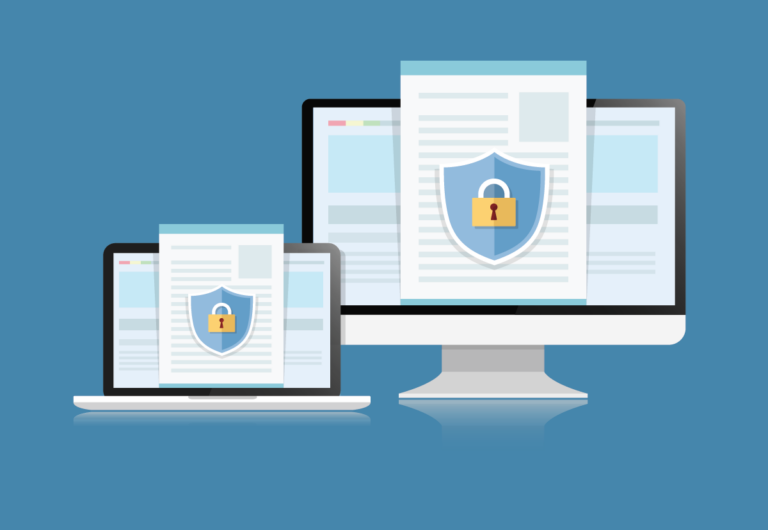
Data privacy is a topic that is of growing concern to many consumers around the U.S. and you may have heard the term privacy policy a time or two in recent history but haven’t paid it much mind. If your just getting into digital marketing or are updating an existing marketing site you may be wondering what all the fuss is about.
“Why do I need a privacy policy”
If this is a question you’ve asked yourself in recent history then this article is for you.

Top 3 reasons you need a privacy policy
There are many reasons to have a privacy policy for your business and on your website but if you had to boil it down to 3 high level reasons they’d be…
- It builds trust with your customers
- It protects you from lawsuits
- In many business contexts, it’s legally required
Yes, drafting a privacy policy isn’t many peoples favorite activity but it doesn’t have to be a complicated for many businesses, it’s really just a matter of taking some time to think about the customer data your business collects and getting some thoughts down on paper about how you will handle, distribute, and process it.
“But I don’t collect any personal information, why do I need a privacy policy?”
Trust me when I say that’s its very easy to collect personal information accidentally these days on the internet. Data privacy is still very much a growing field and will evolve very slowly over time since regulators are slow to implement consumers protections that could restrict commerce. Because of the lack of regulation, there are still many grey areas when it comes to defining personal information and what acceptable collection and processing practices are.
The law is clear in that you must have a privacy policy if you are collecting personal information though so it’s better to err on the side of caution if you are uncertain.
IP addresses, cookies, and other snippets of information that describe your sites visitors can be collected invisibly through the course of using common services like social media, SaaS tools, or more obviously through contact forms on a website.
You are much better off defining a privacy policy just in case, than accidentally collecting personal information without disclosing it to your end users.


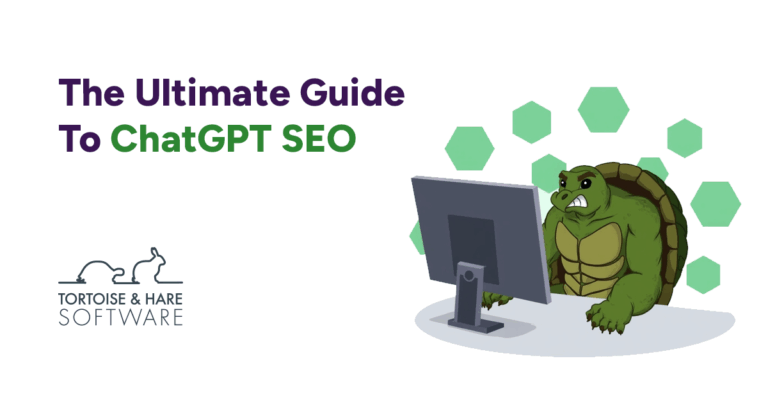
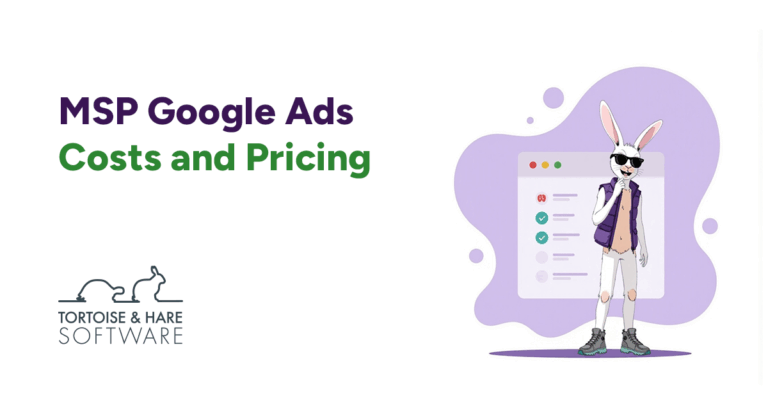

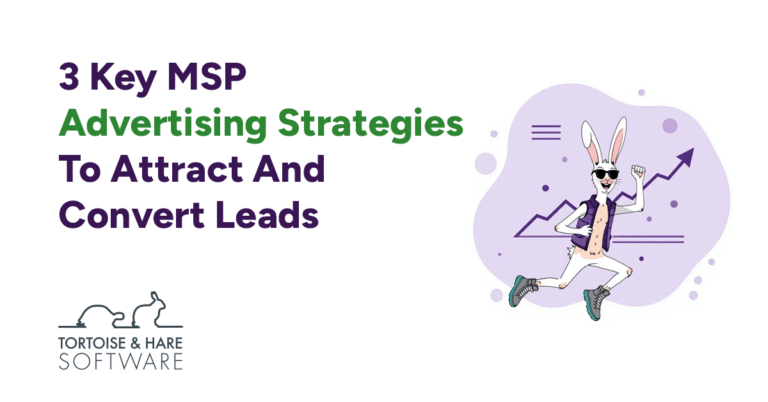
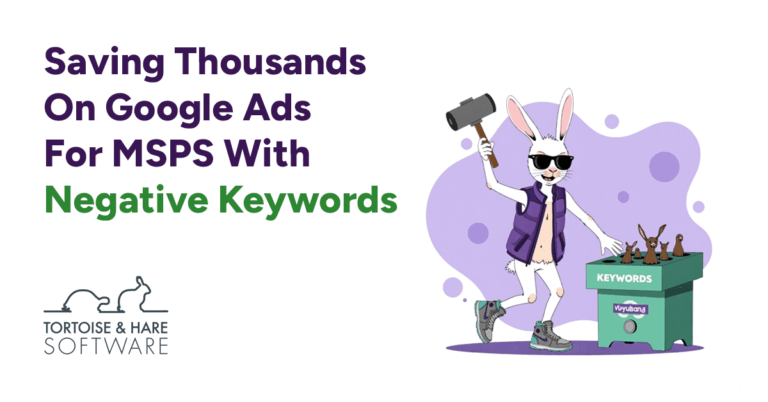

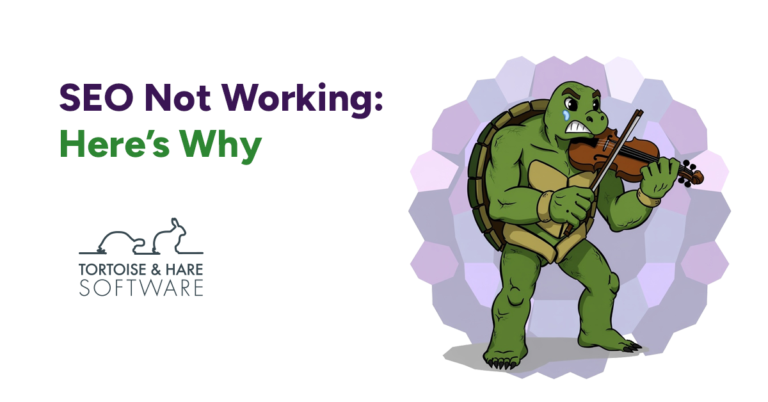
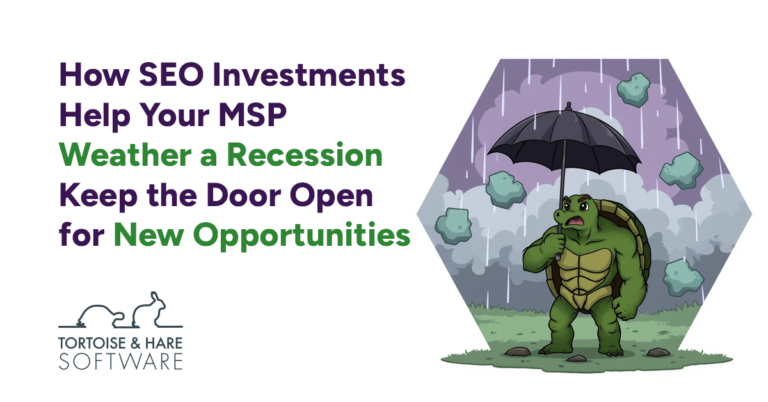

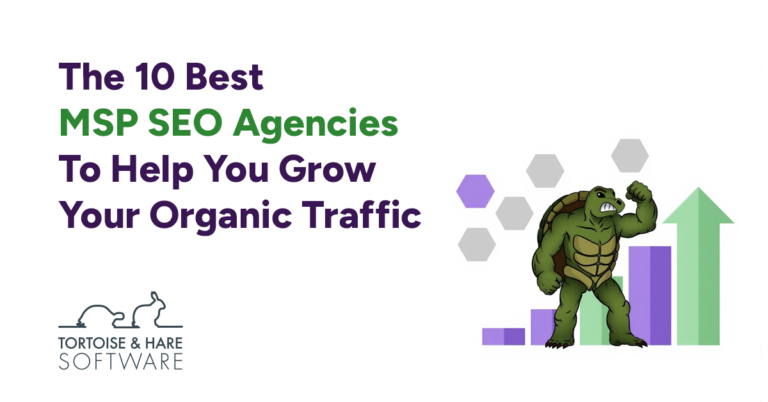
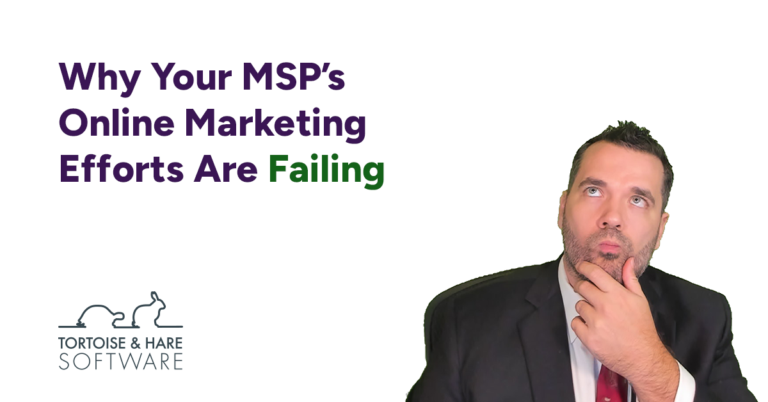
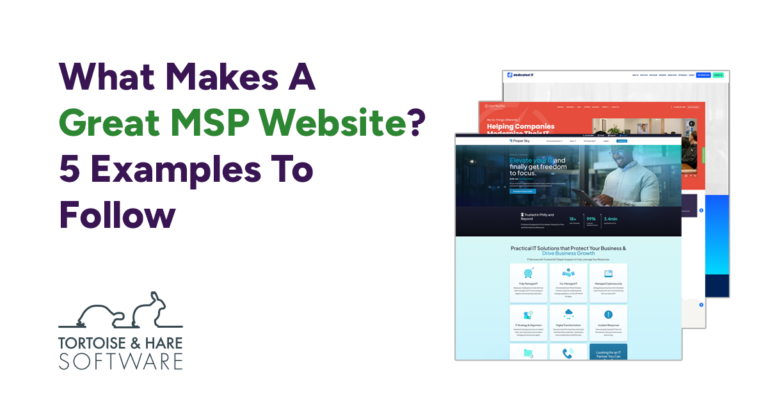
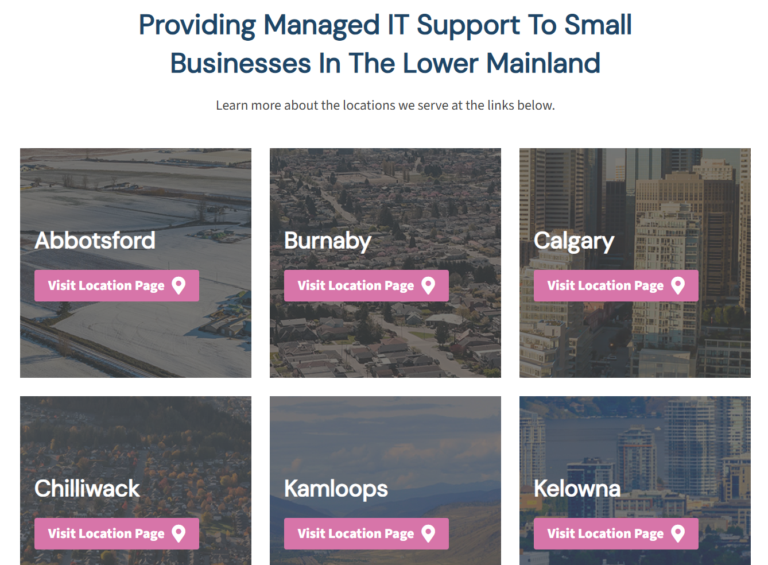
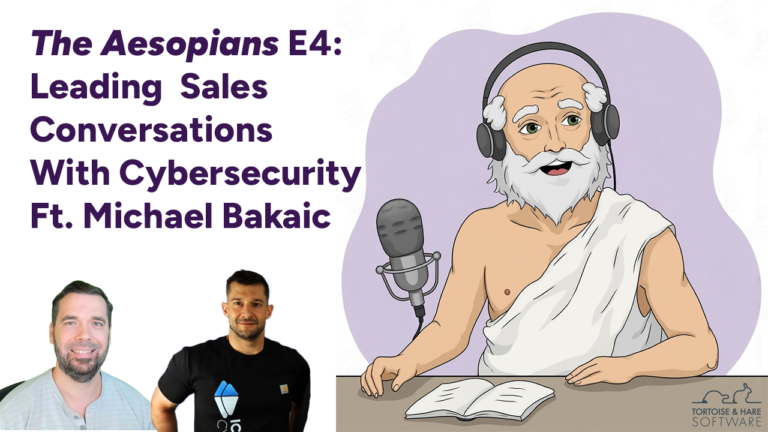





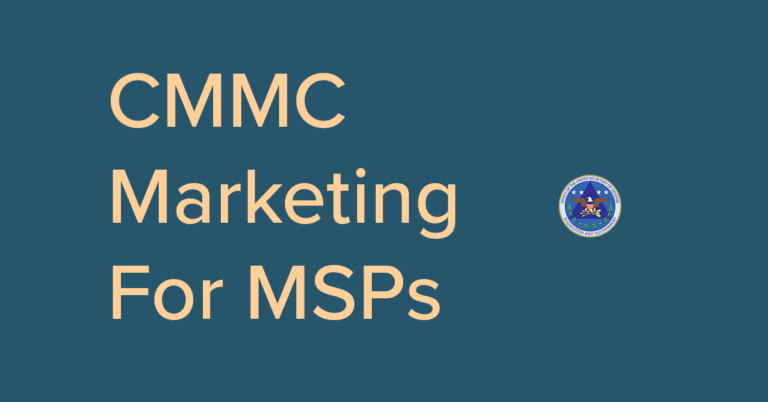








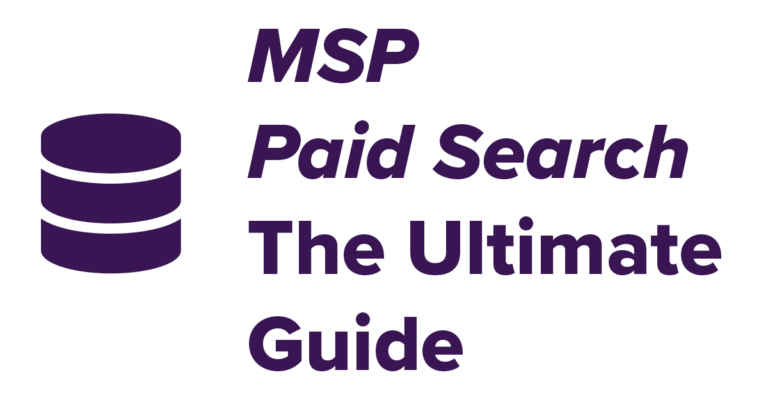
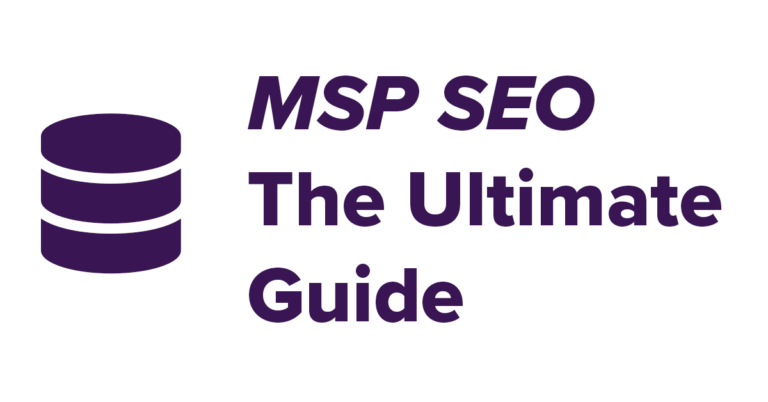


Leave a Comment